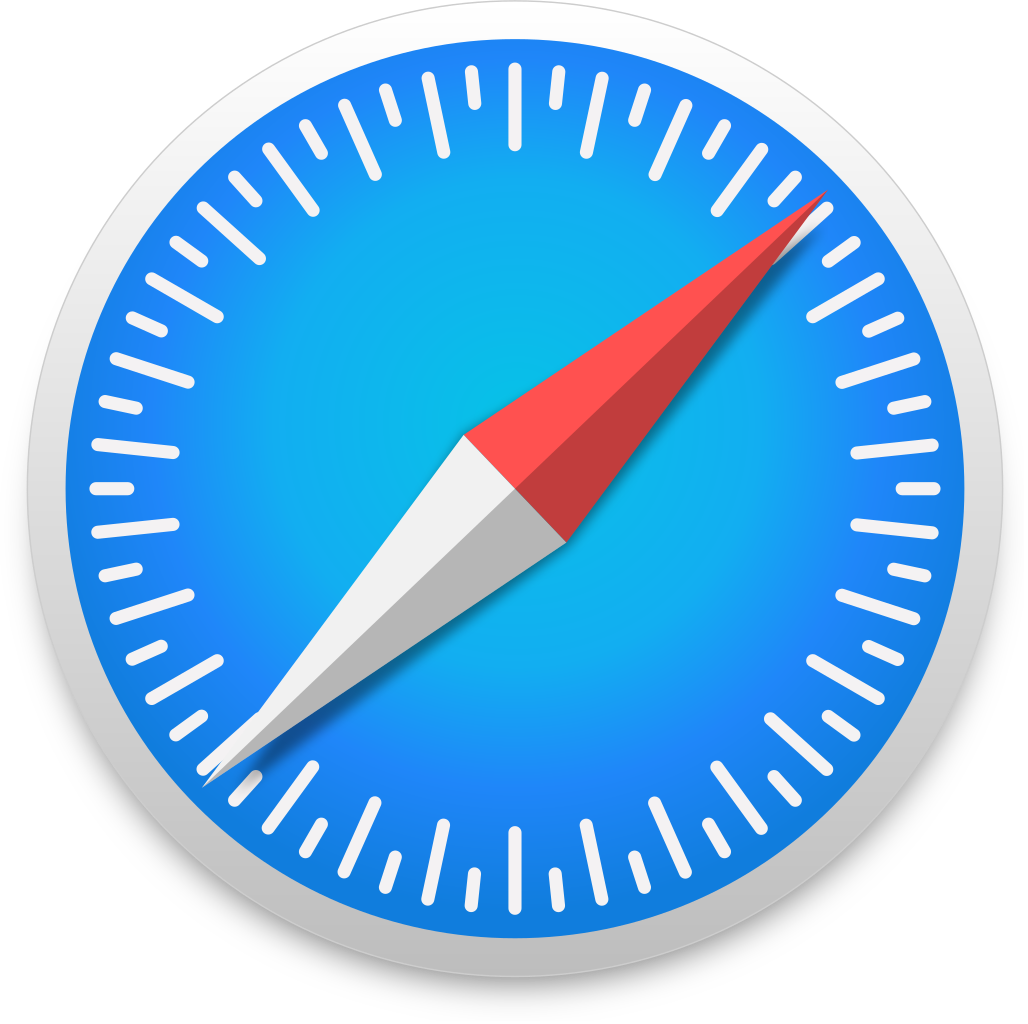If you're anything like us, your summer reading list is probably longer than the days are hot! But don't worry, with the sunny days stretching out and plenty of opportunities for some peaceful reading time, summer is the perfect season to dive into that growing pile of books.
At Positive, we did a quick poll to see what reads have been capturing our team's attention and imagination. So, without further ado, here's our curated list of must-read psychology books. Whether you're lounging by the pool or chilling under the cool shade of a tree, these picks are sure to make every page you turn a moment well spent.
Happy reading!
1. "How Emotions Are Made: The Secret Life of the Brain" by Lisa Feldman Barrett

This 2017 release has been stuck on our teams’ bookshelves since its release as it revolutionises our understanding of emotions and their impact on human behaviour. Barrett challenges the traditional view of emotions as universally shared across all humans, proposing instead that they are constructed differently by everyone based on experience and context. For leaders and professionals, this insight is transformative, offering new ways to approach team dynamics, conflict resolution, and employee motivation. By applying these principles, leaders can create more empathetic and adaptive workplaces that better respond to the diverse emotional needs of their teams.
2. "The Pattern Seekers: How Autism Drives Human Invention" by Simon Baron - Cohen

This book delves into the human ability to recognise and create patterns, a skill linked to significant innovations throughout history. Baron-Cohen argues that this trait, particularly pronounced in individuals on the autism spectrum, underpins the development of language, culture, and technology. Combining psychological research with historical evidence, the book highlights the crucial role of pattern recognition in advancing civilisations and driving technological progress.For leaders and innovators, understanding this trait offers insights into leveraging diverse cognitive abilities for creativity and innovation. "The Pattern Seekers" emphasises the value of neurodiversity in shaping societies and industries, making it a vital read for those looking to understand the roots of human invention.
3. "Can’t Even: How Millennials Became the Burnout Generation" by Anne Helen Petersen

Generational differences remain a hot topic for organisations in 2024, making "Can’t Even: How Millennials Became the Burnout Generation" by Anne Helen Petersen an essential read. This book delves deep into the specific challenges faced by millennials in the workplace, highlighting how continuous digital connectivity and the pressure to perform have led to widespread burnout among this generation. Petersen combines sociological research with poignant personal narratives to paint a vivid picture of the struggles and societal expectations that define the millennial experience."Can’t Even" is not only a call to action for corporate leaders to foster healthier work environments but also a guide to understanding and addressing the unique needs of younger employees. This insightful exploration helps bridge generational divides, offering strategies to enhance workplace culture and employee well-being across all age groups.
4. "Atomic Habits: An Easy & Proven Way to Build Good Habits & Break Bad Ones" by James Clear

This one jumped straight to the top of everyone's to-be-read lists the moment it was released and didn’t disappoint. Authored by James Clear, this book breaks down the complex idea of habit formation into small, manageable steps that promise to yield big results over time. Clear skilfully blends psychology, neuroscience, and real-world examples to illustrate why we do what we do and how we can change our behaviours to lead more productive, fulfilling lives. Whether it’s improving personal productivity or transforming organisational practices, "Atomic Habits" provides a framework that anyone can apply to make incremental changes that lead to remarkable outcomes. This book is not just a manual for self-improvement; it's a blueprint for building a better future one habit at a time.
5. "Quiet: The Power of Introverts in a World That Can’t Stop Talking" by Susan Cain

This may not be a new release, but its relevance and insight make it a timeless resource, especially in a world that often favours extroversion. Authored by Susan Cain, this book turns the spotlight on introverts, who thrive in quieter environments, challenging the cultural bias towards extroversion. Cain uses rigorous research and compelling narratives to explore how introverts can harness their hidden strengths. Readers gain valuable perspectives on creating more inclusive environments that recognise the contributions of introverts, promoting a more balanced and effective workplace and society. This essential read is a call to embrace the quieter, reflective qualities that are often overshadowed but equally powerful.
6. "The Balanced Brain" by Camilla Nord

"The Balanced Brain" by Cambridge University neuroscientist Camilla Nord offers a ground-breaking look at mental health through the lens of cutting-edge neuroscientific research. Nord explores a wide array of treatments from therapy and medications to more unconventional methods like recreational drugs and electrical brain stimulation, explaining their effects on the brain. She illustrates how everyday actions, such as enjoying a piece of chocolate or a conversation with a friend, activate similar neurological pathways as formal treatments. Nord reframes mental health as a highly individualised, self-regulating process, emphasising the diverse possibilities for recovery and resilience. "The Balanced Brain" invites readers to explore what influences their mental well-being, making it an essential read for anyone interested in the complexities of mental health and the potential for personal improvement.
7. "Breath: The New Science of a Lost Art ” by James Nestor

“Breath” delves into the transformative power of breathing. Through a mix of scientific research, historical perspectives, and personal journey, Nestor uncovers the often-overlooked importance of how we breathe and its profound effects on our health and well-being. The book explains how even slight adjustments to our breathing can improve anxiety, enhance sleep, and increase overall physical fitness.
For leaders and professionals, integrating these breathing techniques can lead to better decision-making, reduced stress, and enhanced workplace performance, making "Breath" a practical tool for personal and professional development.
8. "The Expectation Effect: How Your Mindset Can Change Your World" by David Robson

A brilliant 2022 release that explores the powerful influence that expectations have on our physical and mental health. Robson presents a compelling argument that our beliefs about what will happen in the future can significantly shape our experiences. For leaders and professionals, understanding this concept is key to fostering a positive work place environment where high expectations can lead to enhanced performance and satisfaction.This book provides actionable insights on how to harness the expectation effect to motivate teams, manage stress, and improve overall workplace outcomes.
9. "Why Has Nobody Told Me This Before?" by Dr. Julie Smith

This book offers a treasure trove of practical mental health advice, presented in an accessible and engaging format. Drawing from her extensive experience as a clinical psychologist, Dr. Smith provides tools and strategies that are crucial for managing everyday emotional and psychological challenges. For business leaders, this book is particularly valuable as it equips them with techniques to support their own mental health and to assist their teams in navigating stress, enhancing resilience, and maintaining motivation. Dr. Smith’s guidance can help transform leadership approaches, promoting a healthier, more supportive workplace culture.
10. "Why Zebras Don't Get Ulcers" by Robert Sapolsky

Quite an old book by many accounts, but still offer a fascinating and accessible look at the science of stress. Using the example of zebras, which don’t get ulcers because they only stress about immediate physical threats, Sapolsky contrasts with humans, who can activate the same stress responses through mere thoughts. The book examines the effects of chronic stress on health and provides insights into how our bodies process stress, along with practical advice on how to manage it. For leaders, understanding these mechanisms is crucial for fostering a healthier, more resilient workplace. Sapolsky’s engaging exploration makes complex topics in stress management directly applicable to enhancing leadership effectiveness and organisational health.
Take the next step.
Our team of psychologists, neuroscientists, and business experts are here to inspire sustainable change and innovation. From talks to leadership programmes, find the right solution for you and your business today.






